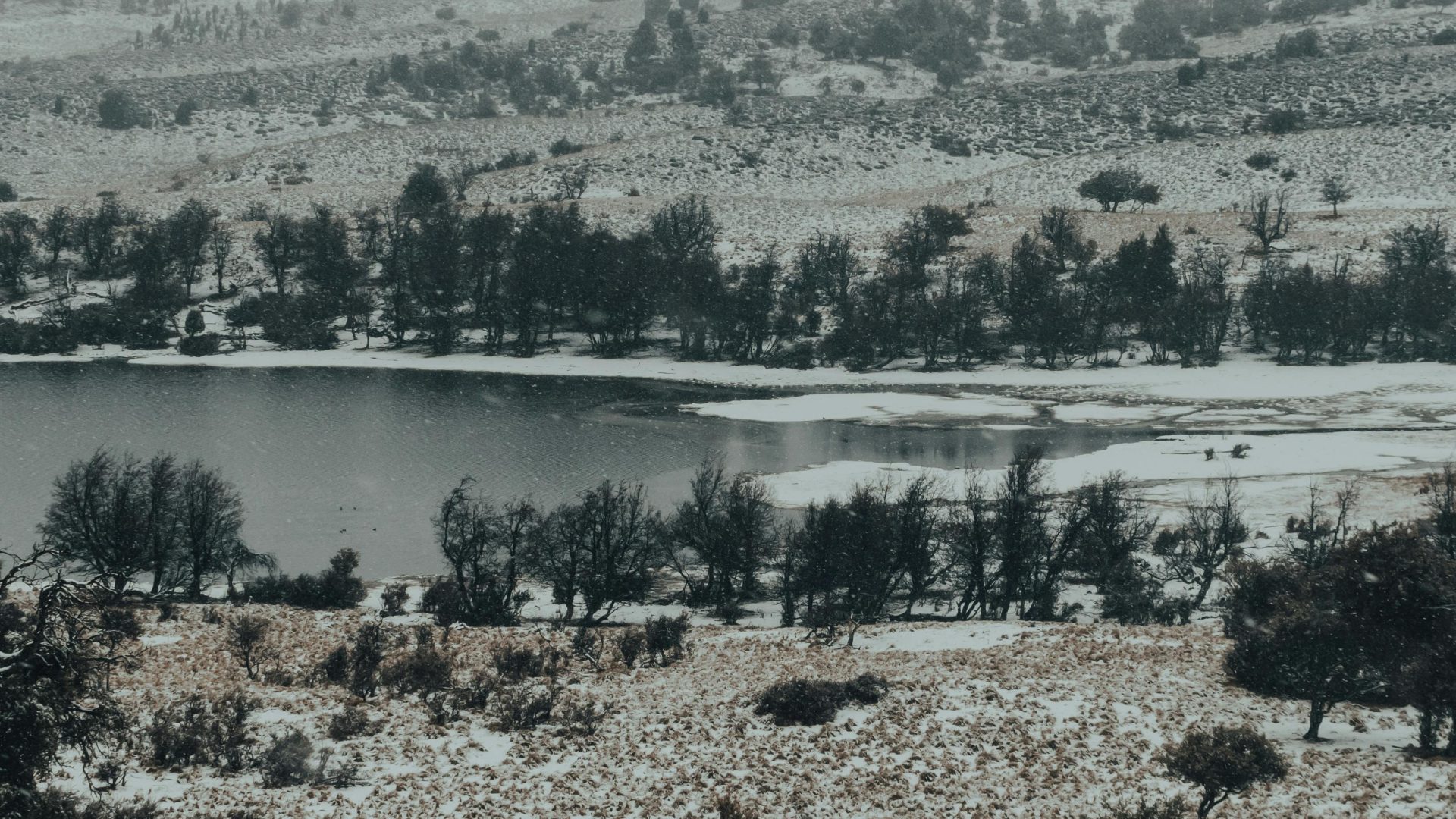Why did Nancy Mace attribute the Immaculate Constellation documents to Shellenberger instead of Corbell? Many are criticizing Jeremy Corbell, claiming he’s simply upset about not receiving credit, but there’s more to consider.
-
This could be a strategy to undermine Corbell’s credibility. He has noted that this situation might deter other whistleblowers from coming forward.
-
It raises concerns about the verified chain of custody regarding the evidentiary record.
-
When Burchett was directly asked why Corbell wasn’t given recognition, he cited “national security.”
-
Mace has chosen not to comment further on the issue.
-
This could also serve as a warning to Corbell that the government may not be on his side, implying that continuing to dig could have consequences.
What are your thoughts?

Your analysis raises some important points about the dynamics surrounding the Immaculate Constellation documents and the implications of Nancy Mace’s comments. Here are a few thoughts based on your observations:
Discrediting Tactics: It’s plausible that by highlighting Shellenberger over Corbell, Mace may be attempting to shift attention or credibility away from Corbell. This could create an environment of distrust among whistleblowers, potentially discouraging future disclosures.
Chain of Custody Concerns: The chain of custody is crucial in establishing the integrity of any evidence presented. If there are discrepancies regarding the acknowledgment of sources, it could undermine the credibility of the documents and any conclusions drawn from them.
National Security Implications: Burchett’s comment about national security raises flags about the motives behind not crediting Corbell. It suggests that there are underlying issues that may not be immediately apparent, and that the government might have strategic reasons for keeping certain individuals at arm’s length.
Mace’s Silence: Her refusal to comment adds another layer of intrigue and leaves room for speculation. It might indicate that there are sensitive details at play that she is not at liberty to discuss.
Warnings to Corbell: This situation could indeed serve as a cautionary tale for others in the field. If the government is signaling that it may not support those who investigate or expose certain truths, it could lead to self-censorship among whistleblowers and investigators.
Overall, this situation underscores the complexities of whistleblower dynamics and the potential consequences of speaking out. It will be interesting to see how it unfolds and whether it impacts future disclosures in the realm of government secrecy and accountability. What do you think about the long-term implications for whistleblowers in general?